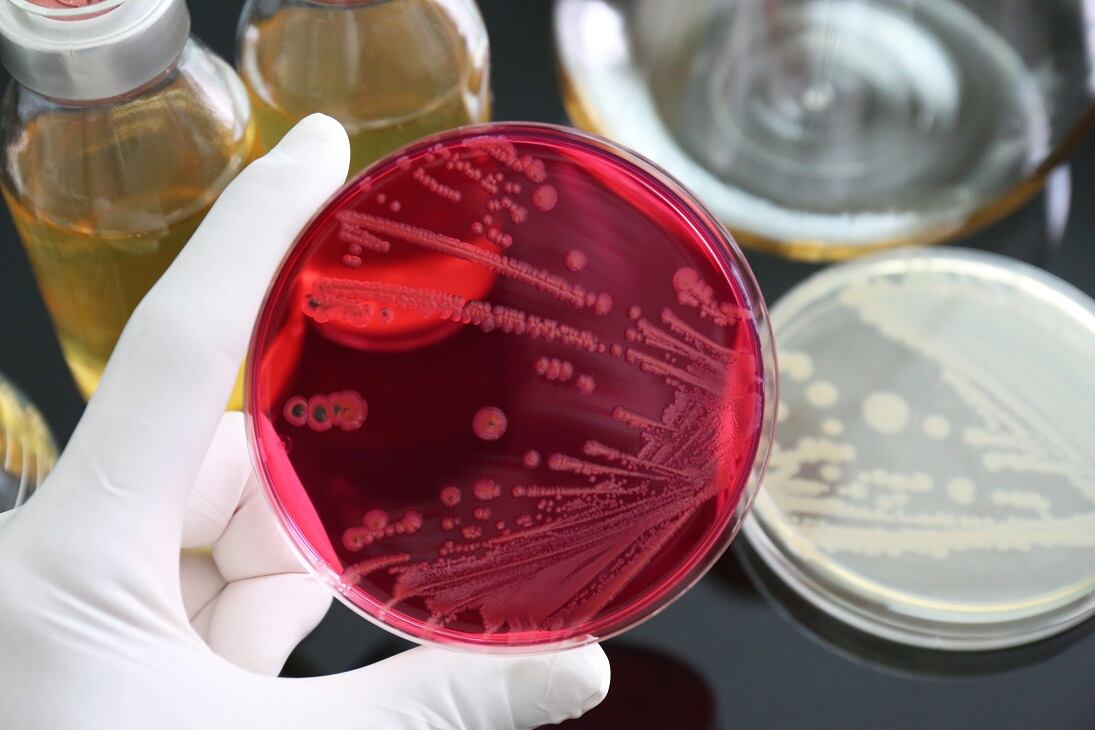As the FSA continued to build its science and evidence base after Brexit, it said the report - which was commissioned in summer 2020 – would help set out what systems operate around the world to regulate the international trade of these products.
“As a responsible and independent government regulator, with consumer interests at heart, it is vital that we continue to carry out research into all elements of the food system – and we are open and transparent in doing so," said FSA chief scientific adviser professor Robin May.
“We are committed to retaining the highest possible food standards. Any possible changes to regulatory processes, whether relating to GMOs, novel foods or anything else, would be a decision for ministers but we provide advice based on the very latest science and evidence available, ensuring that our absolute priority remains protection of public health.”
DEFRA consultation on genetic technologies
Meanwhile, the FSA said it awaited the publication of the Department for Environment Food and Rural Affairs's (DEFRA's) consultation into the regulation of genetic technologies as a whole, due later this summer.
Countries selected for novel foods review in the dossier, which was put together by Campden BRI, include Australia, Canada, Japan, and the US. The focus is on their approach to 'novelty' determination, authorisation processes, differences in terminology, safety standards, and evidence-based requirements.
In the regulatory approaches for GMOs, Argentina, Australia, Brazil, Canada, and the US were selected as best representing key differences.
GM crops cultivated in 28 countries
The global area of genetically modified (GM) crop production had considerably increased over the past two decades, the FSA stated. GM crops are now cultivated in an estimated 28 countries, accounting for more than 10% of the world’s arable land.
Novel foods are defined as foods not consumed to a significant degree by humans in the EU before 15 May 1997. They are required to be authorised by the FSA before they can safely be placed on the market. Similarly, pre-market authorisation is also required for products under Genetic Modification Regulations, if separate to Novel Food Regulations.
UK novel foods approval now sits within the remit of the FSA. Similarly, FSA pre-market authorisation is also required for products under Genetic Modification Regulations, if separate to Novel Food Regulations.
Novel foods and GMO regulatory approaches
Novel foods and GMOs are subject to a large variation in regulatory approaches around the world. The paper identifies systems that regulate the international trade of such commodities, by considering relevant treaties that operate at a global level.
These systems include the General Agreement on Tariffs and Trade (GATT), the World Trade Organisation (WTO) Agreement on the Application of Sanitary and Phytosanitary Measures (SPS Agreement), and the WTO Agreement on Technical Barriers to Trade (TBT Agreement).
Elements of free trade agreements between the signatories of two or more jurisdictions were also considered in the report.




